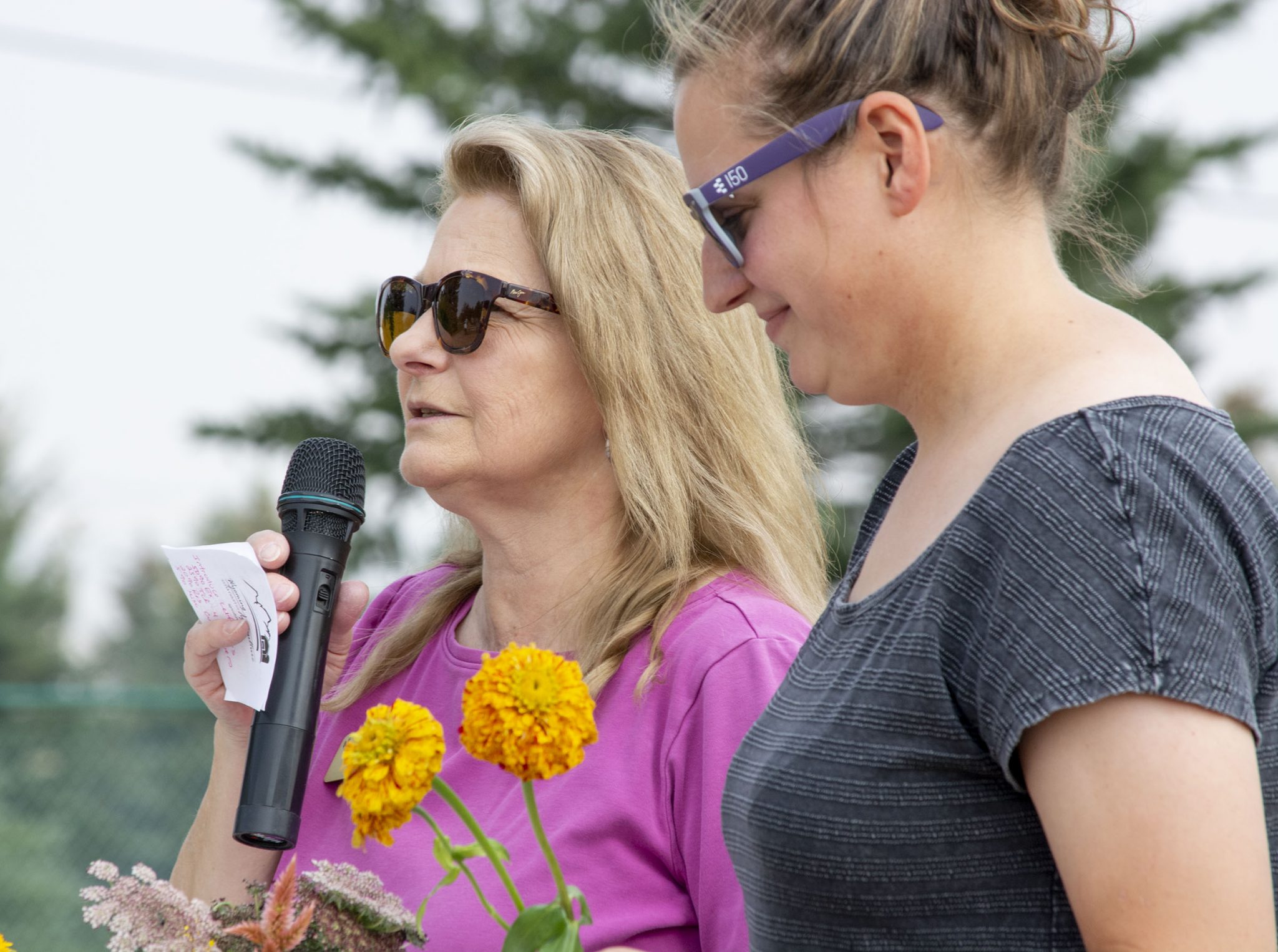News
UW Extension can help with gardening

Beginning gardeners – and even those who have experience – can access information on watering, weeding and other gardening essentials from the University of Wyoming Extension.
On the subject of water, Karen Panter, who’s an Extension horticultural specialist, says there are no hard and fast rules for frequency of irrigation because of variations in weather, soil types and garden micro-climates.
But she does offer some advice on how, and when, to water.
She says overhead sprinklers, drip irrigation and hand watering are the most common methods for watering gardens, and she advises watering plants early in the morning. In particular, she says, if overhead watering is used, morning irrigation allows plant foliage to dry before darkness sets in.
And regardless of the method used, morning watering allows the plants to utilize the water during the day. Panter says overhead sprinkler irrigation is satisfactory, but few gardeners know how much water they’re applying with that method. Also, sprinkler irrigation wets leaves, which can lead to foliar disease problems.
Trickle or drip irrigation applies water at a slow rate through tubes on the ground next to a row of plants. Panter says the foliage doesn’t get wet, and the slow trickle allows water to penetrate and soak the area around the roots. In addition, trickle systems often use less water than other irrigation methods.
Panter says using mulch helps maintain moisture and soil temperatures, reduces erosion and minimizes weed problems. A two to three-inch layer of organic mulch materials should be spread around the plants and mid-June and kept in place throughout the growing season. Organic mulch materials include grass clippings, provided they’re herbicide- and seed-free, sawdust, straw, peat moss, woodchips, leaves and good quality compost.
Panter says gardeners should always fertilize when organic mulches are used, because the mulches can cause nutrient deficiencies to develop in vegetable plants. She says weeds should be kept to a minimum in gardents, because they often harbor pests and compete with vegetable plants for water, light and nutrients.
UW Extension has created YouTube playlists for a number of gardening topics, and each list has several videos from Extension resource experts. The playlists are given below:
Starting a garden:
Soils and composting:
Season extension:
Flowers and bulbs:
Vegetables and herbs:
Weed problems:
For more gardening tips, go to the Wyoming Master Gardener website, http://www.uwyo.edu/mastergardener/; the Barnyards and Backyards gardening tab, ; or search for gardening resources at https://www.wyoextension.org/publications/.

